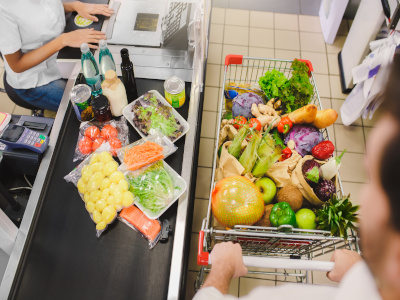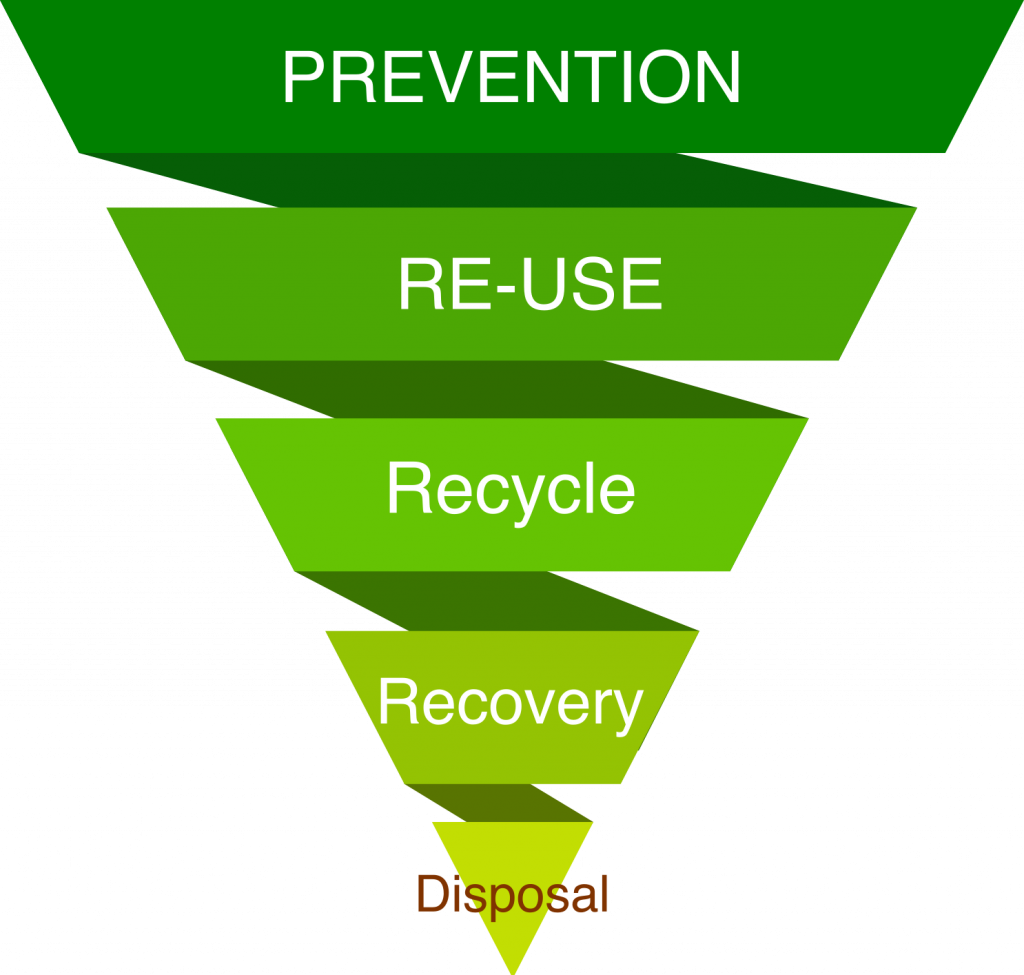Over the past decades, there have been dramatic changes in agricultural practices, food processing industry and consumption patterns, resulting in an increased importance of the food industry in the economic balance of the EU and in a multiplication of the channels that carry food products “from farms to fork”.
In parallel with these changes, the concerns over the sustainability of these food systems have increased together with the awareness about the scarcity of natural resources and the emergency of climate change. Current food systems face great challenges related to their level of sustainability, especially concerning the scarcity of environmental resources to feed the growing world population, the impact of food production on climate change and the issues of food security, malnutrition and inequality in food availability.

